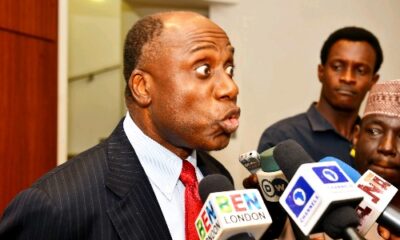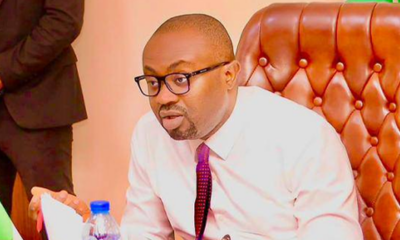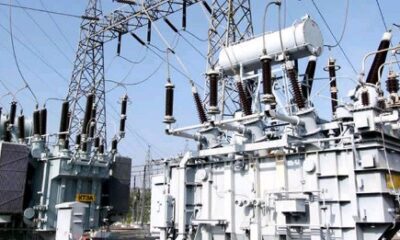The federal government announced yesterday that students attending both Federal and State Technical Colleges will now benefit from free education.
This offer includes free tuition, housing, meals, and a monthly stipend of N22,500 for students enrolled in these colleges.
Dr. Tunji Alausa, the Minister of Education, made this known during the launch of the Technical and Vocational Education Training (TVET) programme in Abuja.
The minister explained that this initiative aims to encourage more young Nigerians to pursue TVET, by offering them incentives to develop skills that will make them valuable members of society.
During a press briefing to formally introduce the updated Technical and Vocational Education and Training (TVET) Initiative, Alausa described it as a strategic step to transform the education sector to better serve the country’s economy and the ambitions of Nigerian youth.
He stated that the Nigerian Education Loan Fund (NELFUND) will officially open the portal for registering participants in the TVET programme.
According to him, this programme supports President Bola Ahmed Tinubu’s vision of ensuring inclusiveness for all.
The minister reiterated that the goal is to attract more youth into TVET by motivating them to gain practical skills that will contribute meaningfully to their lives and communities.
Alausa clarified that the free education benefit applies across both federal and state-owned technical colleges in the nation.
He added that accreditation is currently ongoing for both public and private TVET centres across the country to support the training of additional student groups.
He revealed that the government plans to equip at least five million Nigerian youth with relevant, entrepreneurial, and income-generating skills by the year 2030.
The minister pointed out that this is more than a target—it is a deliberate mission supported by investments, implementation strategies, and partnerships across multiple sectors.
He emphasized that the aim is not just to produce certified individuals, but to develop a workforce that is competitive globally, entrepreneurial, and adaptable.
Alausa stated that addressing the nation’s skills gap, cutting down youth unemployment, empowering local businesses, and drawing investments into the real economy will all depend on such efforts.
“We are gathered here not merely to make another policy pronouncement, but to formally declare a new national resolve — a resolve to unlock the latent potential of millions of young Nigerians by equipping them with relevant, market-driven skills; a resolve to reposition TVET as a cornerstone of our economic recovery, social inclusion, and industrial competitiveness.
“Nigeria’s greatest resource is not beneath the ground — it is in the energy, creativity, and talent of her people. With over 70 percent of our population under the age of 30, the urgency to transform demographic potential into productive capacity cannot be overstated.
“The TVET initiative is our coordinated, data-driven, and action-oriented response to this challenge,” he stated.
He also noted that under President Bola Ahmed Tinubu’s Renewed Hope Agenda, the Ministry of Education has identified TVET as a national development focus.
He mentioned that the reform plan is based on standardised skills certification and targeted vocational areas. To promote wide participation, the government is offering a set of practical benefits: waived tuition, monthly stipends for students, funding and low-interest loans in partnership with the Bank of Industry (BOI), and start-up kits for programme graduates.
The minister added that the reform was designed to be inclusive, community-based, and cooperative. He explained that the ministry is already in talks with state governors, education commissioners, skills councils, regulators, employers, and development partners to ensure shared ownership at every level.

 BIG STORY1 day ago
BIG STORY1 day ago
 BIG STORY4 days ago
BIG STORY4 days ago
 BIG STORY2 days ago
BIG STORY2 days ago
 BIG STORY2 days ago
BIG STORY2 days ago
 BIG STORY2 days ago
BIG STORY2 days ago
 BIG STORY1 day ago
BIG STORY1 day ago
 BIG STORY1 day ago
BIG STORY1 day ago
 BIG STORY2 days ago
BIG STORY2 days ago
























